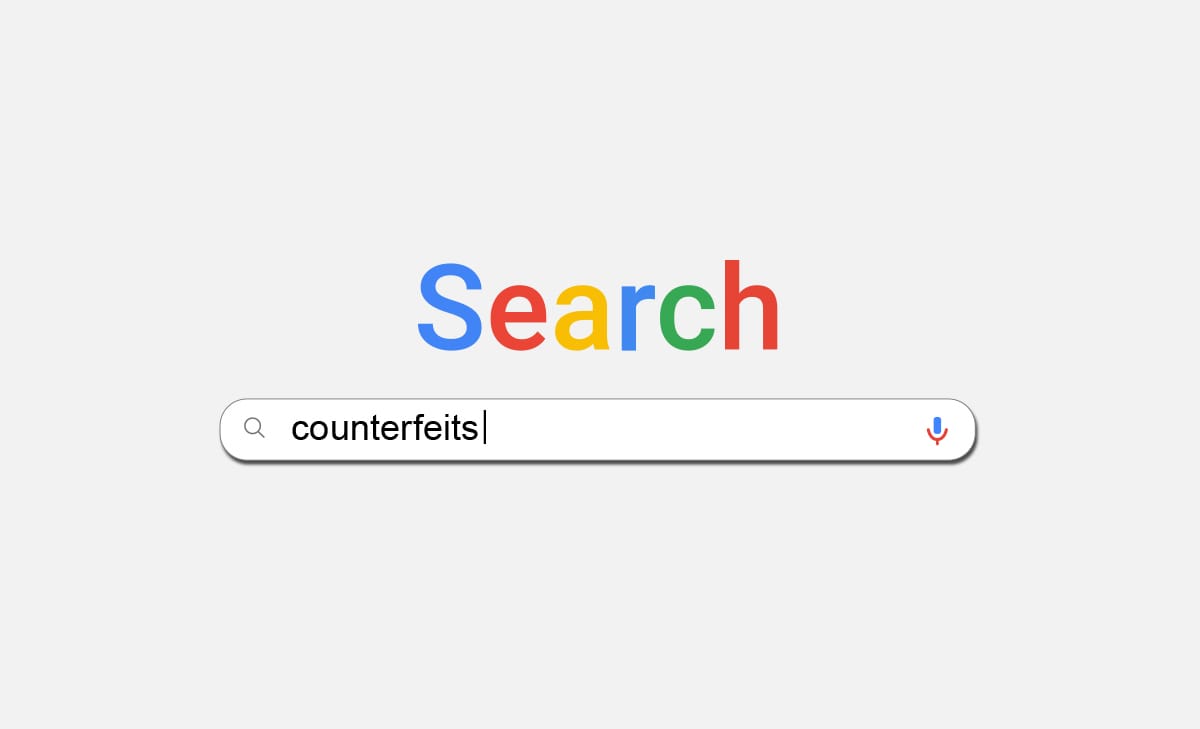Ebooks and Guides
Search Engines: Time to Step Up and Tackle Counterfeits
- Brand Protection

Corsearch is calling for Google and other search engines to provide a scalable solution to de-index websites that are wholly dedicated to offering counterfeit products.
Original research published by Corsearch in October 2019 found that up to 6 in 10 of the first page of search results returned by search engines offer consumers access to counterfeit and possibly dangerous goods.
Key findings
- In pharmaceuticals, 6 in 10 of Google’s first-page results following searches for the antibiotic Bactrim were for locations very likely to be operating unlawfully;
- In the children’s products category, a third of search results for a “Comotomo teether” featured potentially harmful products;
- In the white goods sector, a search for refrigerator filters repeatedly directed consumers towards a website selling counterfeit goods.
June 2020 update
In a significant policy change, Google announced in June 2020 that it would de-index links to individual webpages that list counterfeits when notified. However:
- Google will still only evaluate notices on a URL-by-URL basis – entire websites cannot be deindexed;
- This is true even for websites which self-declare as infringing and serve no legitimate purpose.
- The form does very little to alleviate the strain on brands whose budgets are already under pressure. A small number of websites can comprise over 100,000 URLs.
Consumers continue to be put at risk; products such as counterfeit brake pads, fake antibiotics, and imitation baby teethers can all lead to potentially deadly consequences when used. Significant harm is also dealt to the companies targeted, who invest time and significant financial resources to create and market their brands.
Download the white paper
See the full findings, plus an update following Google’s policy change in June 2020.




